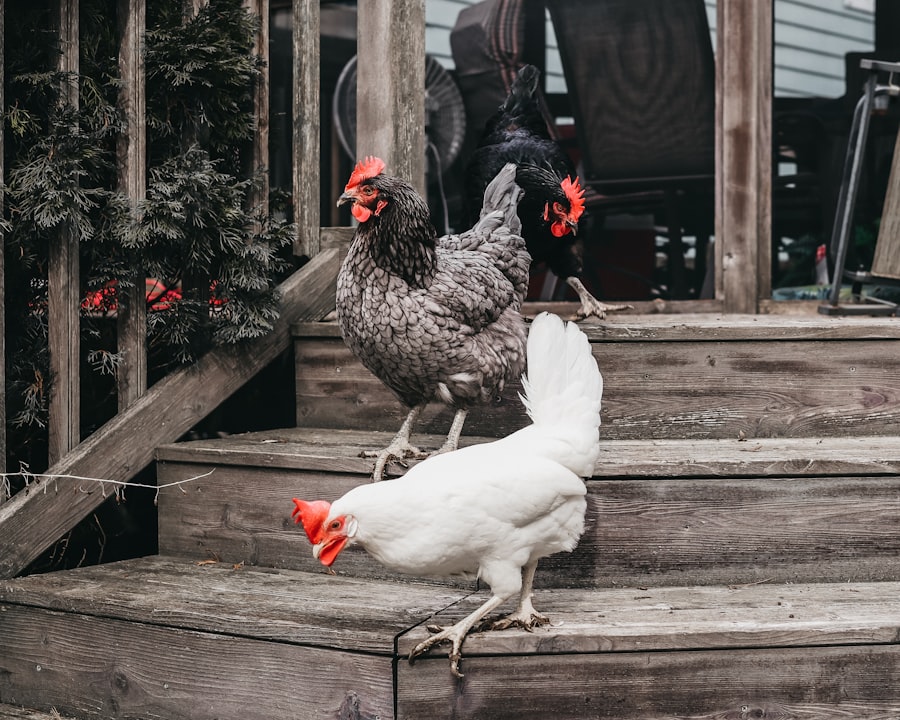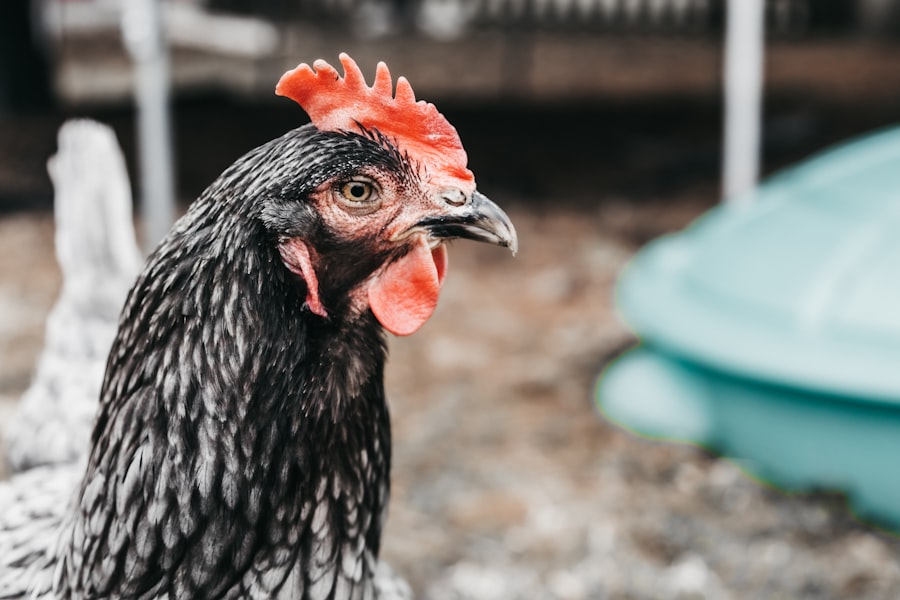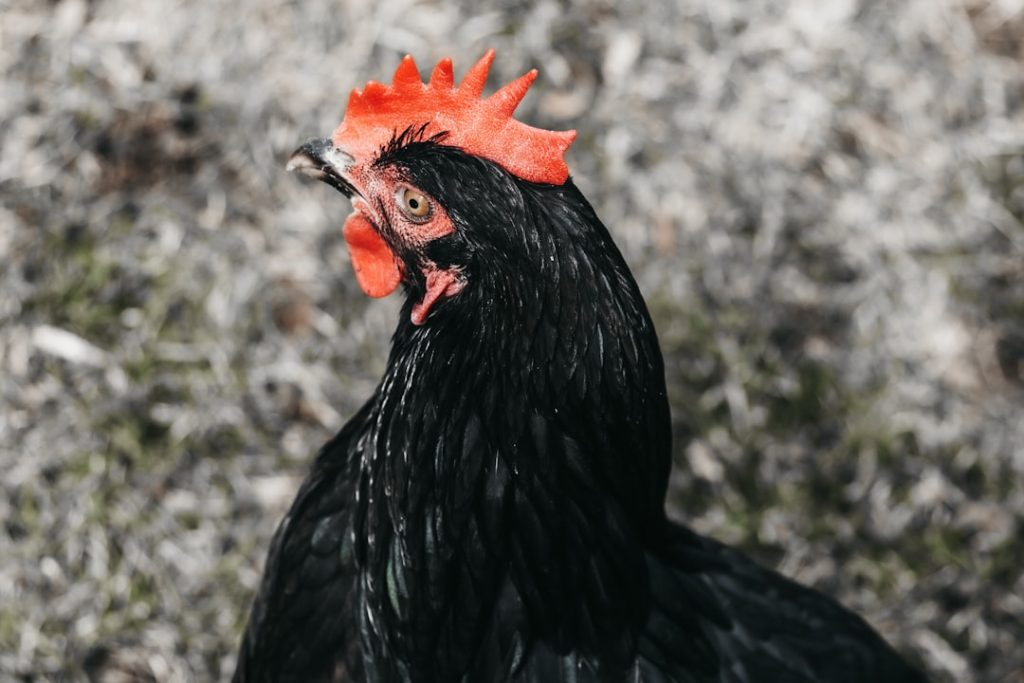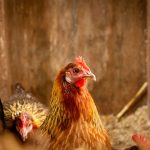Proper housing and shelter are crucial for the well-being of all living creatures, including animals. For pets, it is essential to provide a safe and comfortable living environment. This includes a warm, dry sleeping area, protection from extreme weather, and sufficient space for movement and exercise.
Indoor pets require a cozy bed or designated area with comfortable bedding for their physical and mental health. Outdoor pets need secure, weatherproof shelters that protect them from rain, wind, and extreme temperatures. The size of the shelter should allow the pet to move freely and comfortably.
Maintaining a clean and hazard-free housing environment is equally important. Regular cleaning and maintenance prevent the accumulation of dirt, bacteria, and parasites that can pose health risks to pets. Proper ventilation and lighting are also crucial factors in pet housing.
Adequate ventilation maintains healthy indoor air quality, while natural light exposure benefits pets’ overall well-being. Providing proper housing and shelter for pets not only meets their basic needs but also ensures their safety, comfort, and quality of life.
Table of Contents
- 1 Balanced Diet and Nutrition
- 2 Clean and Sanitary Living Conditions
- 3 Regular Health Check-ups and Vaccinations
- 4 Protection from Predators and Harsh Weather
- 5 Exercise and Mental Stimulation
- 6 Monitoring and Managing Stress Levels
- 7 FAQs
- 7.1 What are some general tips for keeping chickens healthy when caged outside?
- 7.2 How can I prevent common health issues in outdoor caged chickens?
- 7.3 What vaccinations and medications are recommended for outdoor caged chickens?
- 7.4 How can I protect my outdoor caged chickens from predators?
- 7.5 What are some signs of illness in outdoor caged chickens?
Key Takeaways
- Proper housing and shelter are essential for the well-being of animals, providing protection from the elements and a safe space to rest.
- A balanced diet and nutrition are crucial for maintaining the health and vitality of animals, ensuring they receive the necessary nutrients for growth and development.
- Clean and sanitary living conditions are important for preventing the spread of diseases and maintaining the overall health of animals.
- Regular health check-ups and vaccinations are necessary to prevent and treat any potential health issues, as well as to protect animals from common diseases.
- Protection from predators and harsh weather is vital for the safety and security of animals, allowing them to thrive in their environment without fear of harm.
Balanced Diet and Nutrition
Nutritional Needs of Pets
Just like humans, pets require a balanced diet and proper nutrition to maintain good health and well-being. A well-balanced diet provides pets with the essential nutrients, vitamins, and minerals they need to support their growth, energy levels, and overall health.
Choosing the Right Food
When it comes to feeding pets, it is important to choose high-quality pet food that is specifically formulated to meet their nutritional needs. This means selecting food that is appropriate for their age, size, breed, and activity level. In addition to commercial pet food, it is also important to provide pets with fresh water at all times to keep them hydrated and support their bodily functions.
Homemade Meals and Monitoring
In some cases, pet owners may choose to prepare homemade meals for their pets. While this can be a viable option, it is important to ensure that the homemade meals are nutritionally balanced and meet the specific dietary requirements of the pet. Consulting with a veterinarian or a pet nutritionist can help pet owners create a suitable meal plan for their pets. It is also important to monitor the pet’s weight and body condition regularly to ensure that they are receiving the right amount of food and maintaining a healthy weight.
Importance of Proper Nutrition
Ultimately, providing pets with a balanced diet and proper nutrition is crucial for their overall health, longevity, and quality of life.
Clean and Sanitary Living Conditions

Clean and sanitary living conditions are essential for the health and well-being of pets. Just like humans, pets are susceptible to illnesses and infections that can be caused by exposure to dirt, bacteria, parasites, and other harmful substances. Therefore, it is important to maintain a clean and hygienic living environment for pets to prevent the spread of diseases and ensure their overall well-being.
This includes regular cleaning of their living space, such as their bedding, litter box, cage, or enclosure. It also involves keeping their food and water bowls clean and free from contamination. In addition to regular cleaning, it is important to use pet-safe cleaning products that are free from toxic chemicals that can harm pets.
Natural cleaning solutions such as vinegar and baking soda can be used to effectively clean pet living spaces without posing any health risks to pets. It is also important to regularly groom pets to keep their fur and skin clean and free from parasites such as fleas and ticks. Regular grooming not only helps to maintain the pet’s hygiene but also promotes bonding between the pet and its owner.
Ultimately, maintaining clean and sanitary living conditions for pets is crucial for preventing illnesses, promoting their overall health, and ensuring a safe and comfortable living environment.
Regular Health Check-ups and Vaccinations
Regular health check-ups and vaccinations are essential for maintaining the health and well-being of pets. Just like humans, pets require routine medical care to monitor their health status, detect any potential health issues early on, and prevent the spread of diseases through vaccinations. Regular visits to the veterinarian allow for thorough physical examinations, dental check-ups, and screenings for common health issues such as parasites, infections, or chronic conditions.
These check-ups also provide an opportunity for pet owners to discuss any concerns or changes in their pet’s behavior or health with the veterinarian. In addition to regular health check-ups, vaccinations are an important aspect of preventive care for pets. Vaccinations help protect pets from serious and potentially life-threatening diseases such as rabies, distemper, parvovirus, and feline leukemia.
By keeping up with the recommended vaccination schedule for pets, pet owners can help ensure that their pets are protected from these diseases and contribute to the overall public health by preventing the spread of contagious diseases. Ultimately, regular health check-ups and vaccinations play a crucial role in maintaining the health and longevity of pets while also providing peace of mind for pet owners.
Protection from Predators and Harsh Weather
Pets need protection from predators and harsh weather conditions to ensure their safety and well-being. For outdoor pets such as dogs or cats that spend time in the yard or garden, it is important to provide them with a secure enclosure or fencing that prevents access from predators such as coyotes, foxes, or birds of prey. Additionally, outdoor pets should have access to a sheltered area where they can seek refuge from extreme weather conditions such as rain, snow, or intense heat.
Providing outdoor pets with a secure and weatherproof shelter helps protect them from potential dangers while allowing them to enjoy time outdoors safely. For indoor pets, it is important to create a safe environment that protects them from potential hazards within the home. This includes securing windows and balconies to prevent falls or escapes, keeping toxic plants out of reach, and removing small objects that could be swallowed or cause injury.
It is also important to be mindful of potential household dangers such as electrical cords, cleaning products, or small items that could pose a choking hazard. By creating a safe indoor environment for pets and providing protection from predators and harsh weather conditions for outdoor pets, pet owners can help ensure the safety and well-being of their beloved companions.
Exercise and Mental Stimulation

Physical Activity for Pets
Regular physical activity helps maintain a healthy weight, supports cardiovascular health, strengthens muscles, and provides an outlet for energy and pent-up excitement. For dogs, this can include daily walks, runs in the park, or engaging in interactive play with toys or other dogs. For cats, providing opportunities for climbing, jumping, chasing toys, or using scratching posts can help satisfy their natural instincts while keeping them physically active.
Mental Stimulation for Pets
In addition to physical exercise, mental stimulation is equally important for pets’ overall well-being. Mental stimulation helps prevent boredom, reduces stress and anxiety, promotes cognitive function, and strengthens the bond between pets and their owners. This can be achieved through interactive toys, puzzle feeders, training sessions that teach new commands or tricks, or engaging in activities that tap into the pet’s natural instincts such as scent work or agility training.
The Importance of Balance
Providing pets with opportunities for both physical exercise and mental stimulation not only contributes to their overall health but also helps prevent behavioral issues that can arise from boredom or lack of stimulation. By incorporating both physical and mental stimulation into their daily routine, pet owners can help ensure their pets lead happy, healthy, and fulfilling lives.
Monitoring and Managing Stress Levels
Monitoring and managing stress levels are important aspects of caring for pets’ overall well-being. Pets can experience stress due to various factors such as changes in routine or environment, loud noises, separation anxiety, or interactions with other animals or people. Chronic stress can have negative effects on pets’ physical health as well as their behavior and emotional well-being.
Therefore, it is important for pet owners to be mindful of signs of stress in their pets such as changes in appetite or sleep patterns, excessive vocalization or destructive behavior, withdrawal or aggression. To help manage stress levels in pets, it is important to create a calm and predictable environment that provides them with a sense of security and comfort. This can include establishing a consistent daily routine for feeding, exercise, playtime, and rest.
Providing a safe space where pets can retreat when they feel stressed or overwhelmed can also help alleviate anxiety. Additionally, using calming techniques such as gentle massage or aromatherapy with pet-safe essential oils can help promote relaxation in pets. In some cases, consulting with a veterinarian or animal behaviorist may be necessary to develop a tailored plan for managing stress in pets.
Ultimately, monitoring and managing stress levels in pets is crucial for promoting their overall well-being and ensuring a happy and fulfilling life.
If you’re looking for tips on how to keep your chickens healthy while they are caged outside, you may want to check out this article on The Chicken Coop Country Diner. This article provides valuable information on how to provide your chickens with a balanced diet and keep them healthy and happy in their outdoor environment.
FAQs
What are some general tips for keeping chickens healthy when caged outside?
– Provide a spacious and clean living environment for your chickens.
– Ensure they have access to fresh water and a balanced diet.
– Protect them from predators and extreme weather conditions.
– Monitor their health regularly and seek veterinary care when needed.
How can I prevent common health issues in outdoor caged chickens?
– Keep their living area clean and dry to prevent the spread of diseases.
– Provide proper ventilation to prevent respiratory issues.
– Monitor for signs of parasites and treat as necessary.
– Provide a balanced diet to prevent nutritional deficiencies.
What vaccinations and medications are recommended for outdoor caged chickens?
– Consult with a veterinarian to determine the appropriate vaccinations for your specific location and chicken breed.
– Some common vaccinations include those for Marek’s disease, Newcastle disease, and infectious bronchitis.
– Medications for parasites and respiratory issues may also be recommended.
How can I protect my outdoor caged chickens from predators?
– Use secure fencing and hardware cloth to prevent access from predators.
– Provide a secure coop for nighttime protection.
– Consider using motion-activated lights or sound deterrents to scare off predators.
What are some signs of illness in outdoor caged chickens?
– Decreased egg production or abnormal eggs.
– Changes in behavior such as lethargy or aggression.
– Respiratory symptoms such as coughing or sneezing.
– Visible signs of parasites such as mites or lice.
Meet Walter, the feathered-friend fanatic of Florida! Nestled in the sunshine state, Walter struts through life with his feathered companions, clucking his way to happiness. With a coop that’s fancier than a five-star hotel, he’s the Don Juan of the chicken world. When he’s not teaching his hens to do the cha-cha, you’ll find him in a heated debate with his prized rooster, Sir Clucks-a-Lot. Walter’s poultry passion is no yolk; he’s the sunny-side-up guy you never knew you needed in your flock of friends!







